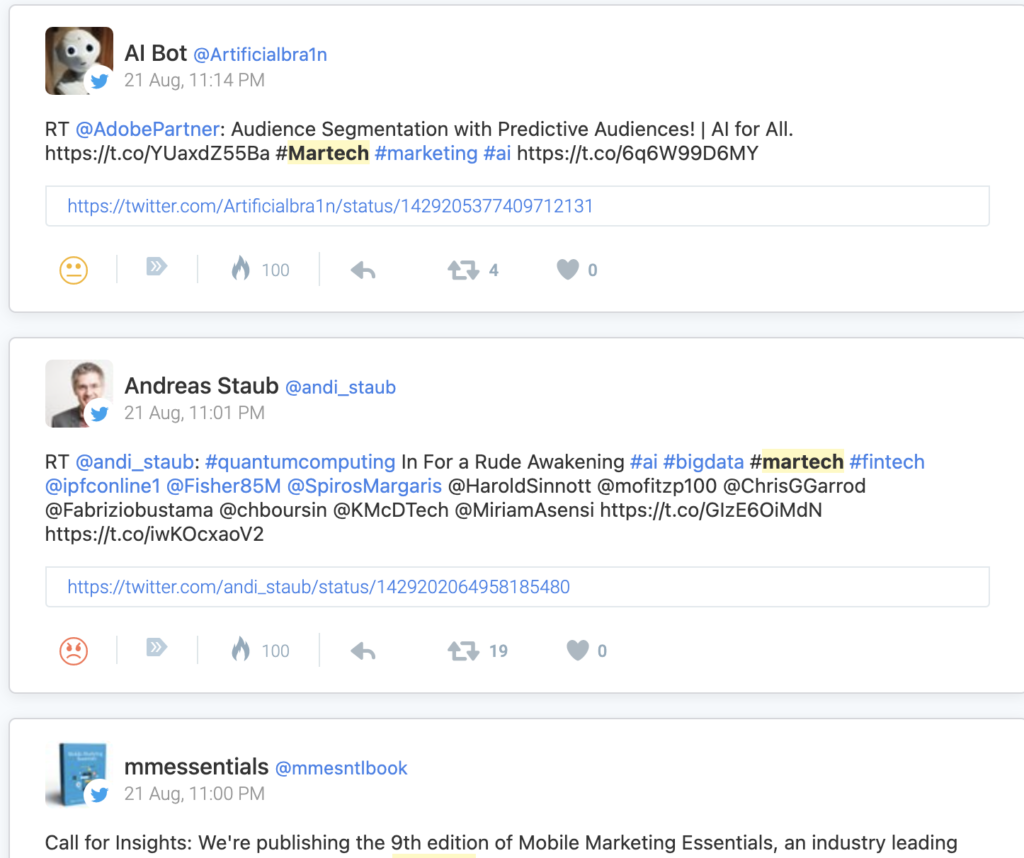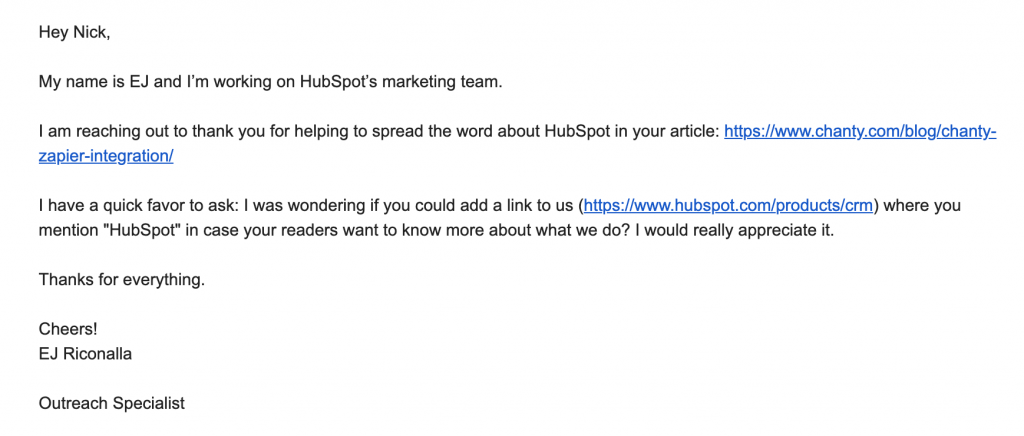Have you ever had the impression that you’ve mastered something?
You’re an expert on the subject. You’re an expert, a wizard.
And then you realize you were mistaken.
Someone says something about the subject that makes you realize you only know a bit about it.
That’s exactly what happened to me with Mention.
I was one of Mention’s early adopters. I’ve been using it for years to monitor the reputation of the companies I’ve worked for. And I thought I knew everything there was to know about it.
It turns out that I was mistaken.
I recently took up the role of Head of Growth at WisePops, a popup solution.
One of my primary goals is to increase our organic traffic. After speaking with a seasoned SEO professional, I realized Mention may be quite beneficial to my SEO efforts.
Let’s look at how you can utilize the identical strategies I did to boost your Google rankings.
Before delving into the approaches, it is necessary to review the fundamentals of SEO.
When a search engine produces responses to a specific user query, it considers two major dimensions:
-Relevance: Will the page respond to the searcher’s query?
-Popularity: How well-known are the pages on the internet?
Google calculates a worldwide score based on dozens of parameters.
A website’s popularity is evaluated, among other things, by the amount of backlinks and incoming hyperlinks from other websites.
Backlinks have a significant impact on your SEO traffic.
Take a look at the most recent ranking determinants study from SEMRush. They examined 600,000+ keywords to determine which criteria best explained why a certain page was ranking in Google’s top results. What was their conclusion? “A solid backlink portfolio is critical for website rankings, as revealed by Google.”

Backlinko discovered similar results in December 2016 after analyzing 1 million search result pages. The conclusion is the same: “Backlinks continue to be an incredibly important Google ranking factor.” We discovered that the number of domains referring to a page was more closely related to rankings than any other factor.”
However, not all links are made equal. Two aspects are extremely crucial to keep in mind:
Backlinks should be one of your key concerns if you wish to climb the Google rankings.
However, Google only accepts “natural” backlinks. Any link that appears too fake may be ignored by the search engine or, worse, may result in a penalty.
The majority of Google-compliant methods for obtaining backlinks are time-consuming.
Fortunately, Backlink.Watch can be of great assistance to you.
Here’s how to go about it.
One of the simplest ways to obtain backlinks is to encourage people who mention your brand name without referring to your website to include a link to your website.
After all, if the website referenced your brand, the website’s owner is definitely familiar with your brand. In addition, including a link is beneficial to her/his visitors.
That’s where Mention comes in.
All you have to do is keep an eye on your own brand name and see if any mentions are related with a link.
Here’s an example from my personal account. My company, WisePops, was mentioned in this article, however there was no link:
I just sent an email, and the blogger agreed to include a link!
Of course, this method is most effective if your brand is already well-known and receives organic mentions.
To make the most of this approach, follow these steps:
1. In Backlink.Watch, you may keep track of your brand name and close variations of your brand (For example, at MarTech, I track MarTech, MarTech or Marketing Technology )
2. Concentrate on the most popular websites because the more popular a website is, the stronger the link will be (you can use the popularity filter in Mention to retain only the best websites)
3. Be exceedingly reactive; the idea is to contact the author as soon as she or he recalls authoring the piece.

You can expand on the first strategy by tracking generic phrases related to your company’s product/service.
Because I work for a popup solution provider, these keywords for me include “MarTech,” “Marketing Technology,” or “martechismktg”
When I come across a popular website that mentions one of these keywords without a link or with a link to a rival, I contact them and request a link to MarTech.hk.
Here’s a real-world example from a blog post: I discovered a relevant phrase (MarTech) that was linked to a competitor’s website and described characteristics that were not accessible in their product.
So I contacted the author (You can use Hunter to find his email) and… got a free backlink.
